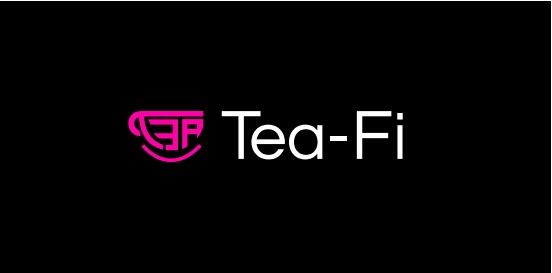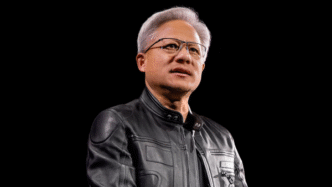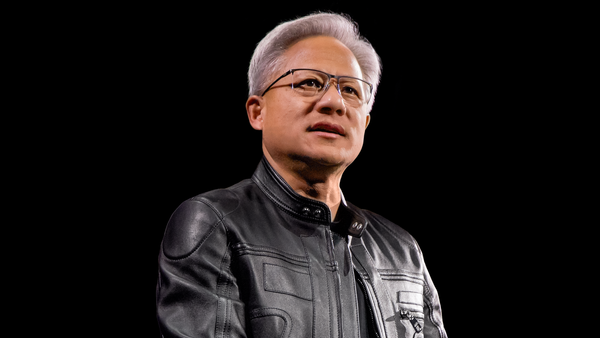People are no longer relying on Google alone to find what they need, they’re now asking AI tools like ChatGPT for product recommendations. According to a recent retail report, this shift could lead to a massive 520% increase in AI-driven website traffic by 2025. For brands, that means learning how to appear in AI-generated suggestions before their competitors do. That’s exactly the gap The Prompting Company wants to fill.
The YC-backed startup, founded just four months ago by Kevin Chandra, Michelle Marcelline, and Albert Purnama, has raised $6.5 million in seed funding to help businesses get their products mentioned by AI systems.
Its customers already include names like Rippling, Rho, Motion, Vapi, Fondo, Kernel, and Traceloop, and even a Fortune 10 company. The startup calls its approach GEO, or generative engine optimization, a new form of marketing designed for a world where AI agents browse and recommend products on behalf of users.
CEO Kevin Chandra explains that most website growth today is coming from AI bots, not humans. Developers, for instance, are already asking chatbots for tool recommendations directly within their workflows.
Over time, he believes AI will take over much of the buying process, from discovery to decision-making. To prepare for that future, The Prompting Company is helping brands create AI-facing websites, stripped-down versions of their sites optimized for machine understanding, without pop-ups, navigation bars, or excessive marketing copy.
Here’s how their platform works: it analyzes the kinds of purchase-related questions AI agents are asking, then creates structured content that provides clear, data-rich answers.
These responses are published as thousands of AI-optimized web pages that language models can easily read and cite, even if the brand doesn’t rank high on Google. The result? Companies get discovered more often in AI-powered chat tools and recommendation engines.
While traditional SEO remains useful, Chandra says GEO will soon become more important. In generative search, AI picks what to recommend based on contextual relevance, not keyword bidding or search rankings.
This evolution could completely reshape e-commerce. New frameworks like Google’s Agent2Agent and OpenAI’s partnership with Stripe are already making it possible for AI agents to not just suggest products but actually purchase them for users.
For large online retailers, this means exposing their shopping actions, like comparing items, handling returns, or checking promotions, to AI interfaces.
Though most AI systems don’t yet execute transactions directly, The Prompting Company believes that’s the next frontier. Once attribution and conversion tracking improve, this could open up new advertising models focused on AI recommendations instead of clicks or impressions.
At present, The Prompting Company primarily serves fintech, SaaS, and developer tool businesses, hosting over half a million AI-optimized pages and driving tens of millions of monthly visits to client sites. Its subscription-based pricing depends on how many prompts it tracks and pages it hosts.
The three founders, Indonesian immigrants and repeat YC alumni, previously built Typedream, a no-code website builder later acquired by beehiiv, and Cotter, a passwordless authentication SDK acquired by Stytch. With The Prompting Company, they aim to redefine how products get discovered in the AI age.
The $6.5 million round was led by Peak XV Partners, with participation from Base10, Y Combinator, Firedrop, and notable angels such as Logan Kilpatrick. The team is also partnering with Nvidia to explore next-generation AI search and discovery tools.
As Peak XV partner Arnav Sahu puts it, if your product isn’t being mentioned or cited by AI systems like ChatGPT, you’re simply not going to make it. The Prompting Company is betting on that reality, and positioning itself as the infrastructure layer for how AI will drive the next era of product discovery.













